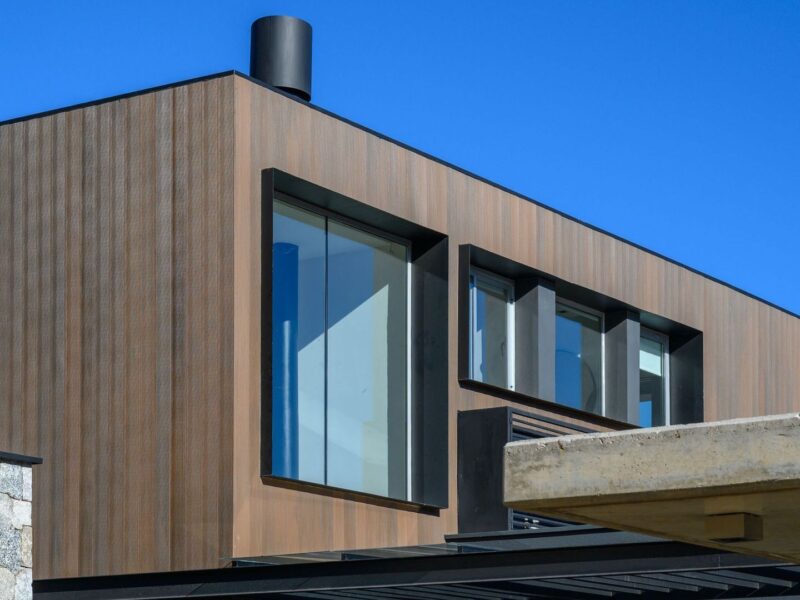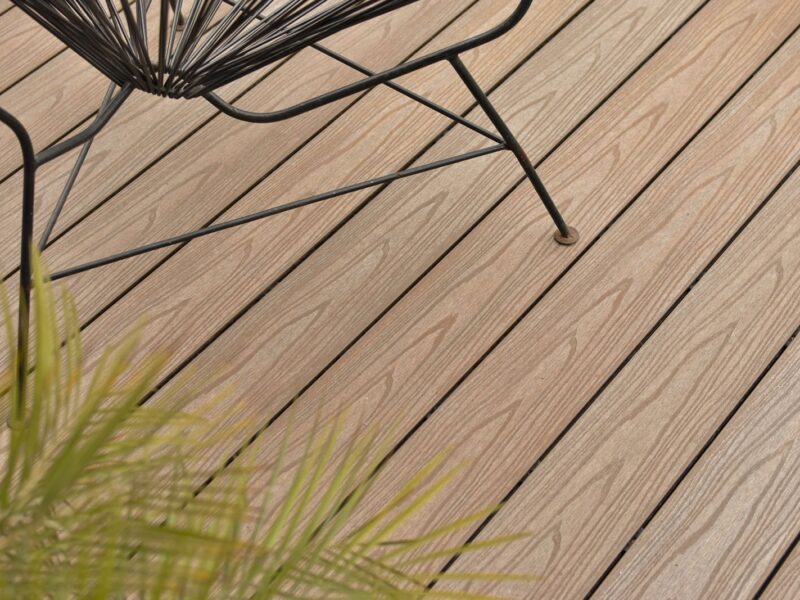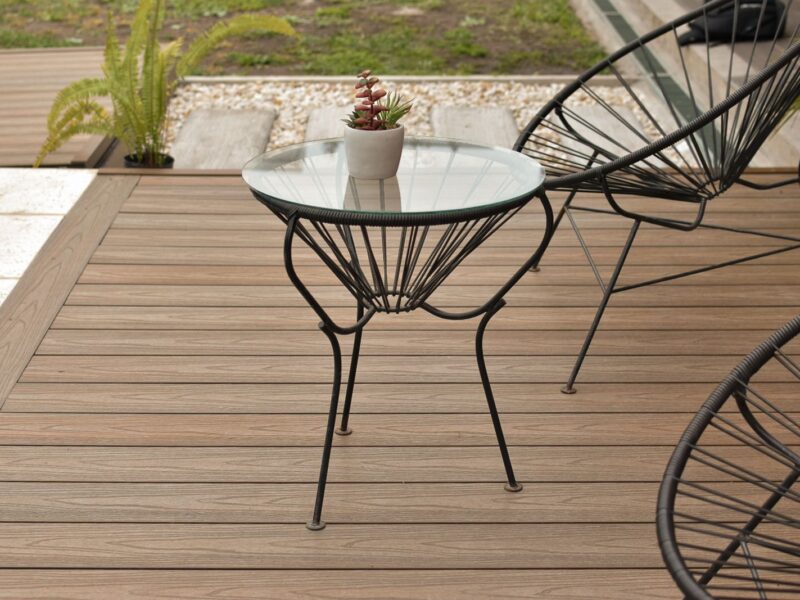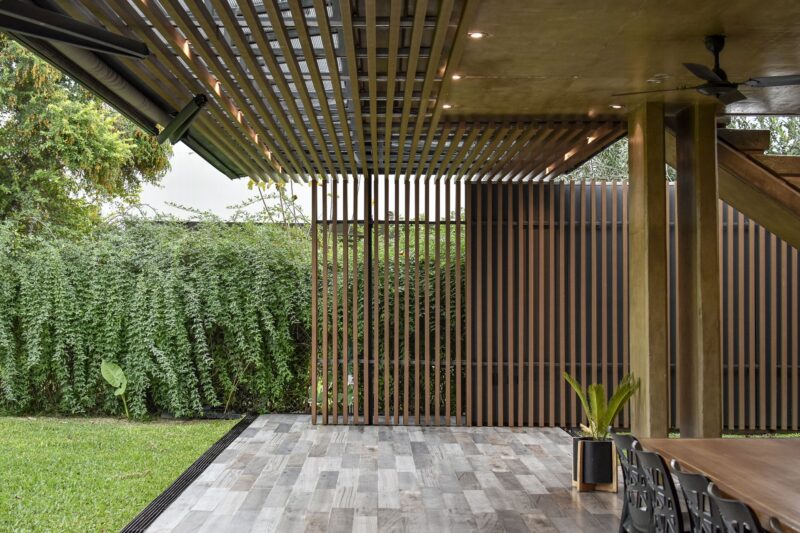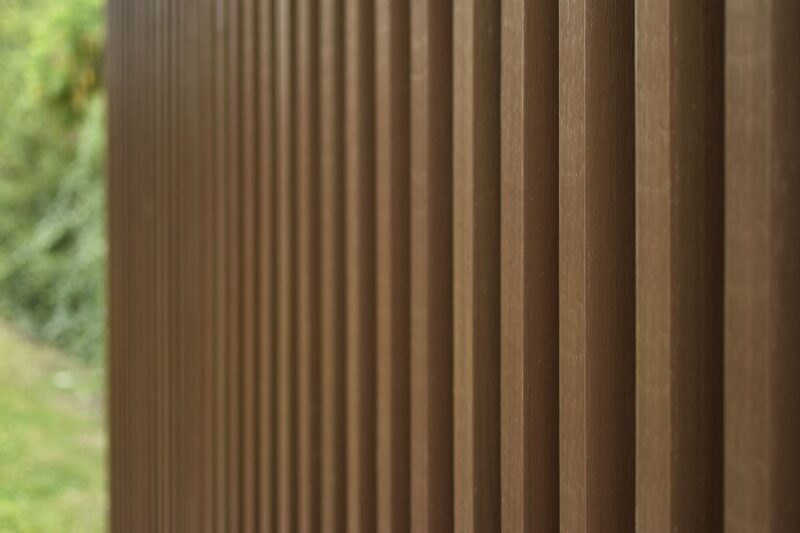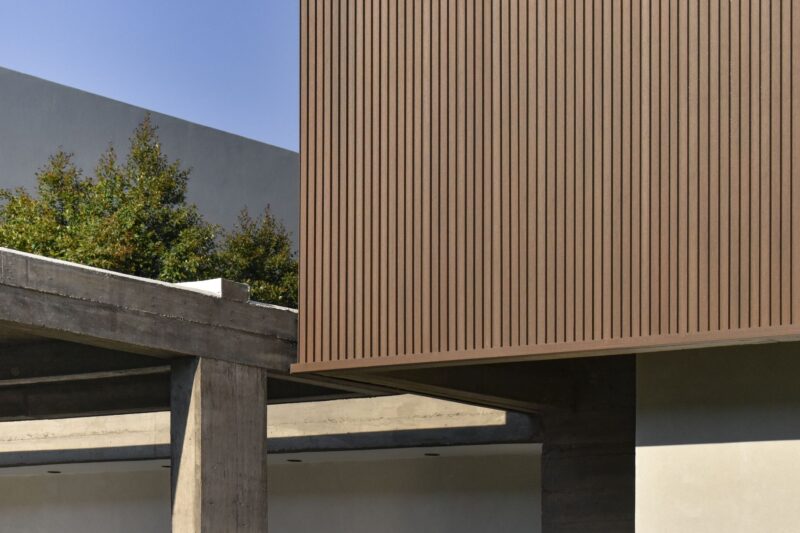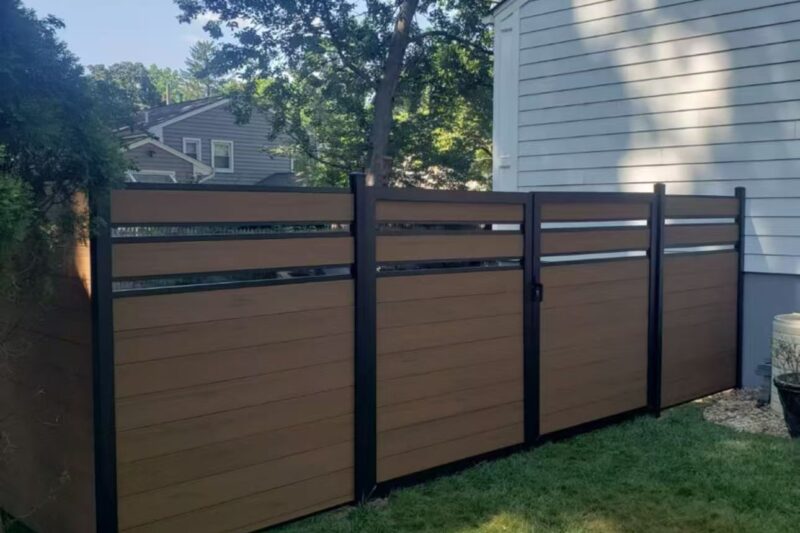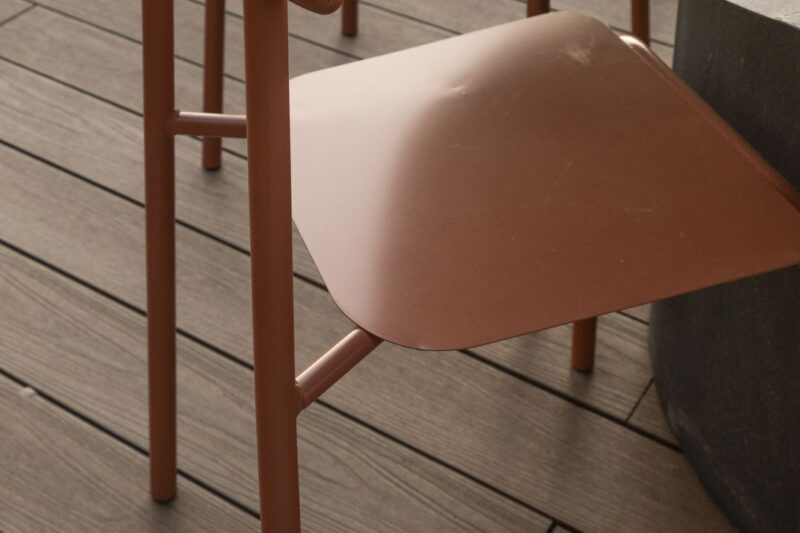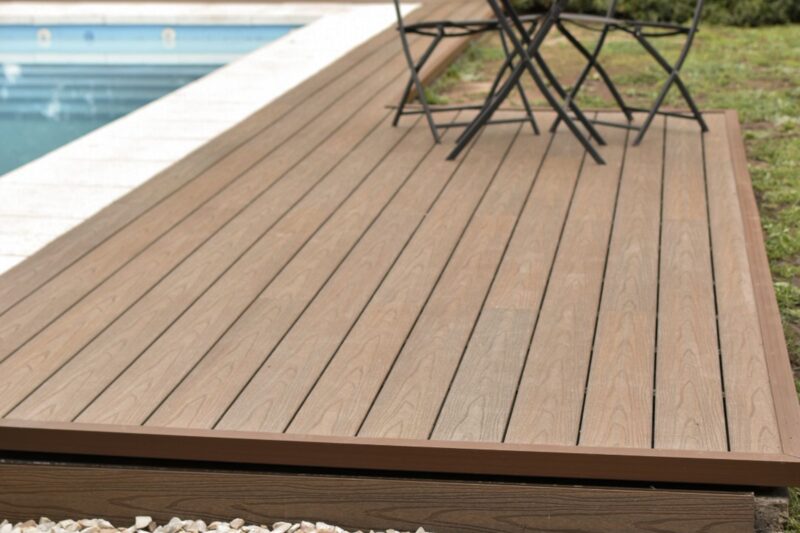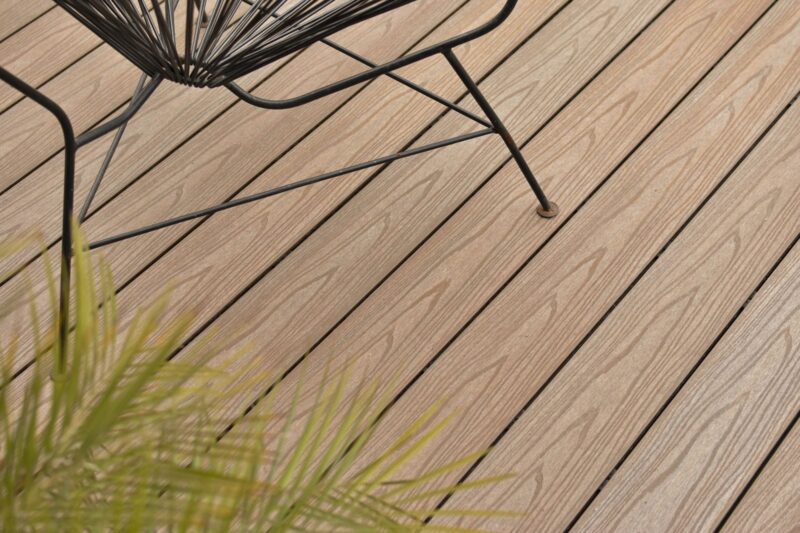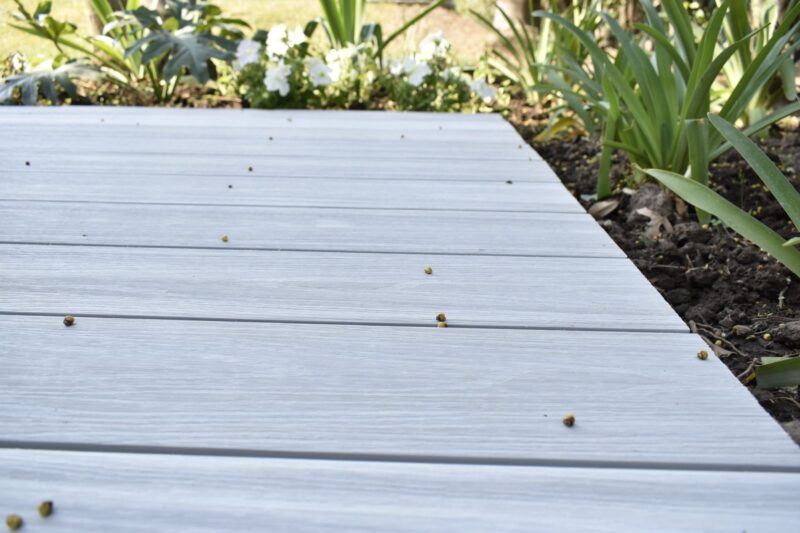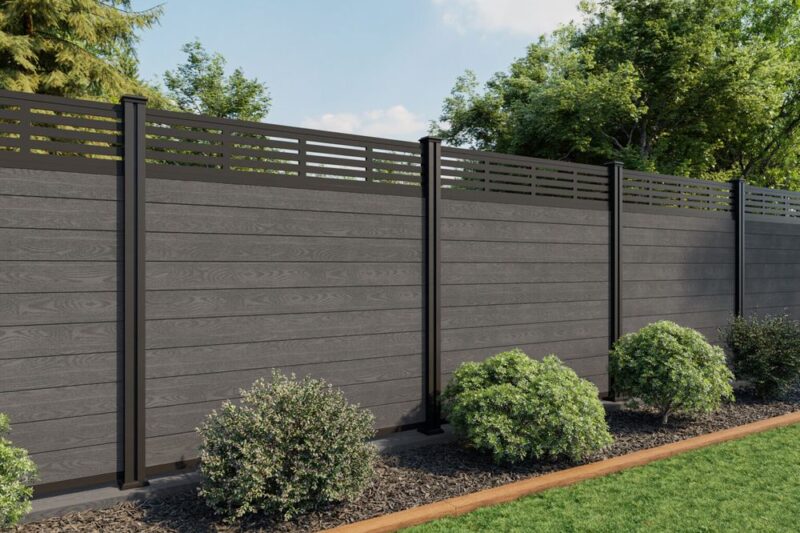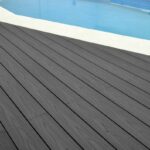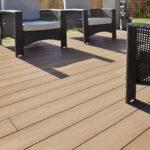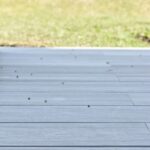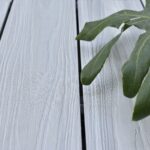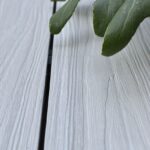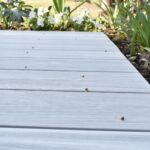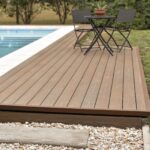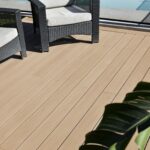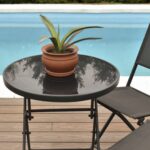When choosing materials for decking, one of the key concerns is whether the material is waterproof. Water resistance is critical, especially for outdoor applications like decks that are frequently exposed to rain, humidity, and moisture. If you’re considering traditional wooden decking, this question may require careful thought and maintenance planning. However, if you’re selecting a wood-plastic composite (WPC) deck, many of these concerns are easily resolved. In fact, WPC decking is designed to be water-resistant, which eliminates the need for the same level of worry and maintenance.
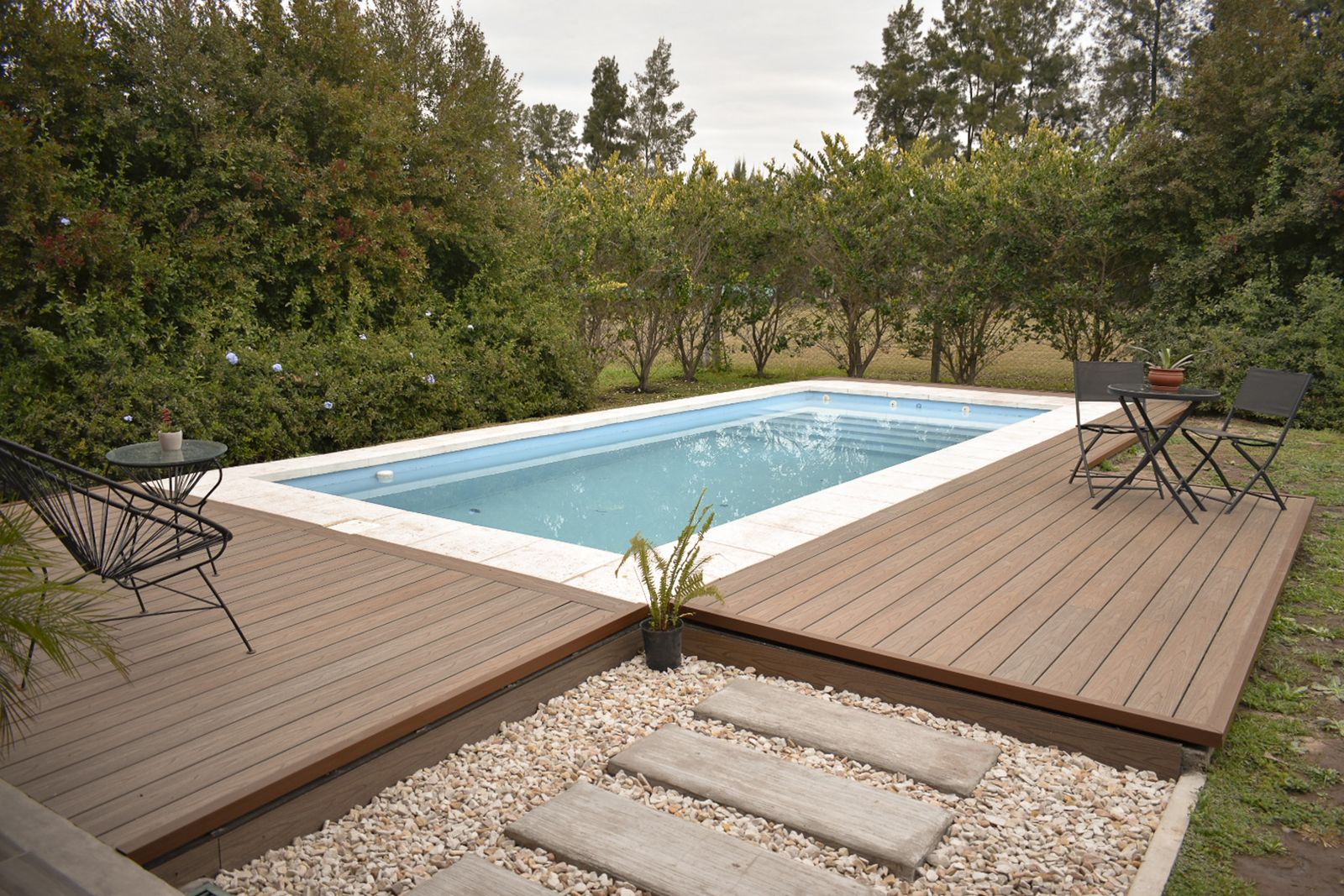
The Waterproof Nature of WPC Decking
WPC decking stands out due to its superior waterproofing properties compared to traditional wood. The reason behind this is the composition of WPC. While natural wood tends to absorb moisture due to its organic structure, WPC is made from a combination of wood fibers (wood powder), plastic (often polyethylene), and various additives like bleach and preservatives. This engineered composition makes WPC resistant to the problems associated with moisture exposure, such as:
• Rotting: Traditional wood can rot when exposed to water for extended periods. However, WPC’s plastic component provides a barrier that significantly reduces water absorption, preventing rot.
• Swelling and Warping: With natural wood, moisture causes the material to swell and warp over time. WPC is far more stable, meaning it resists the expansion and deformation often seen in wood decks.
• Potholes and Cracks: Over time, wood decks can develop cracks due to water infiltration and drying cycles. WPC, being more durable, doesn’t suffer from such deterioration.
Stability and Durability of WPC Decking
WPC decking offers more than just waterproofing. Thanks to its unique material composition, WPC is harder, more stable, and much less likely to deform compared to traditional wood. This enhanced stability is a result of the additives included in its production process, which help to preserve the structure of the material. The preservatives used also contribute to its longevity by ensuring the deck remains resistant to both moisture and rot, providing years of use with minimal maintenance.
WPC Decking in Marine and Pool Environments
The waterproof qualities of WPC decking make it suitable for environments where water exposure is constant. For instance, WPC decks are used in marine settings, where they are exposed to seawater for long periods without being soaked or damaged. This level of durability demonstrates that WPC decking is not only water-resistant but can withstand harsh and demanding conditions.
In addition to marine use, many swimming pools now feature WPC decking as a preferred material for their surroundings. It provides a perfect balance of beauty, durability, and eco-friendliness. A WPC deck around a pool doesn’t just look good; it also resists the effects of water and provides a safer, slip-resistant surface for poolside areas.


